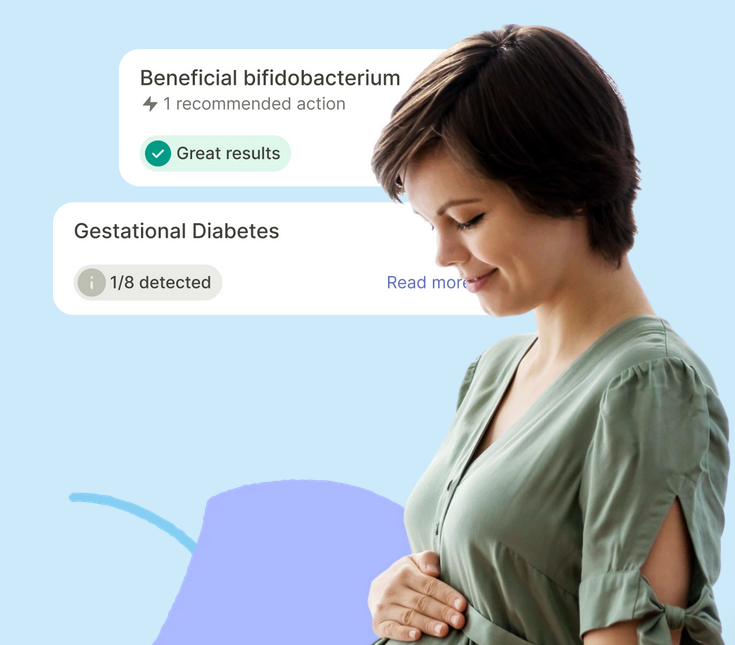Quality microbiome test solutions: It’s never too late to test! Gut health matters at every age. And the sooner you have a baseline sample, the better. During the first year, a baby’s microbiome sees dramatic shifts. This path sets the trajectory for their health, all the way through adulthood. For this reason, we encourage parents to sample as soon as possible, from age 0 to 3 years old and beyond. A child’s gut is still maturing until the age of 3 to 5 years old. Up to this point, you have the best opportunity to check in on your little one’s gut health and make changes, if needed. Even if your child’s gut has reached maturity, you can still take steps to influence their health! For older children and adults, gut health testing can reveal a lot. Discover extra details on gut health test. Learn the best ways to support the gut – Get the tests, tools, and insights you need to improve wellness over time.
Let’s dive into the science of infant cognitive development and what role gut microbes may play in this. The first 2 years of life: a critical period for brain development – The first two years of your little one’s life is an exciting period full of incredible growth and development. During this time, your baby learns and achieves many new milestones: from rolling over to sitting up, and eventually taking their first steps. Not only will they be developing their physical abilities but also their cognitive, emotional, and social skills. Your baby’s brain is growing and changing rapidly during the first two years of life: Total brain volume increases by 101% in the first year of life and reaches 80-90% of adult volume by age 2. Many new connections between neurons are being formed. An area of the brain called white matter is being covered by myelin, a fatty substance that makes it easy for the brain to transmit information between neurons and to other parts of the body.
There are many tools and strategies to help improve your gut health. These include eating the best foods and taking supplements for gut health, or working with a gut health coach. Yet there is no one-size-fits-all approach to gut health. For example, taking a probiotic for the gut may be beneficial for some individuals. In others, it could do more harm than good. Imagine there’s already high levels of a beneficial microbe in your gut. Taking a probiotic could boost those levels to a point where they are too high, resulting in low diversity in the gut microbiome.
Ideally, infant gut microbiome maturation is low before 4 months old and steadily increases until reaching adult-like maturity by the time your child is 3-5 years old. Early microbiome maturation in babies 0 to 6 months has been associated with higher risk of eczema. Tiny Health’s maturation index measures the trajectory of your baby’s gut microbiome as it matures. The Maturation index is displayed in the Balance and robustness category of your report. When present in high levels, opportunistic pathogens may cause trouble by promoting inflammation and disrupting the gut barrier. A weakened gut barrier is more permeable, something that has been detected in those with eczema. Having too much of one species is not ideal for gut health. Unfriendly or variable species can stir up trouble at high levels. Too much of a single beneficial species is not optimal either, as by taking too much space, they contribute to low diversity. We want to see diversity increase as your baby’s gut microbiome matures. If any overabundant species are detected in your sample, they are displayed within the Balance and robustness category.
Conventional medical providers usually are not trained in microbiome testing and probiotics, since these things aren’t currently standard of care in those settings. In addition, many conventionally trained physicians also have limited nutritional training, and diet is one of the most powerful ways you can optimize microbiome health. While conventional medicine can have lots of insight into sick care, it isn’t always the best at wellness and prevention. Plus it can take 10-15 years for the medical field to put new academic research into practice! Discover even more details on https://www.tinyhealth.com/.
